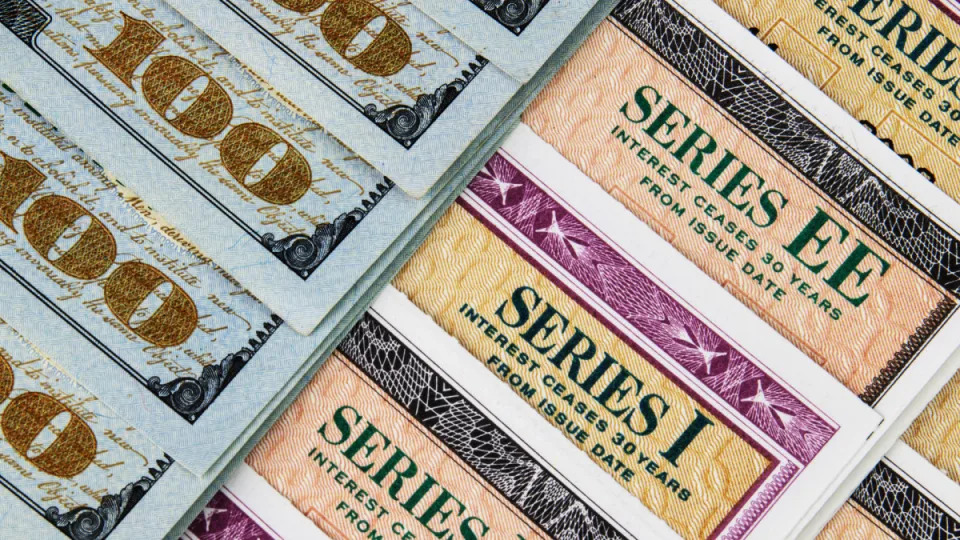Wealthy investors make an unexpected move on stocks, bonds
Unless Friday’s employment report is stronger than expected, the Federal Reserve will likely start cutting interest rates this month.
And it will likely continue cutting rates for many months.
As for the jobs data, analysts forecast non-farm payrolls grew 165,000 in August, up from 114,000 in July. And they predict that unemployment rose to 4.3% from 4.2%.

Shutterstock
So, what should you do with your fixed-income portfolio as interest rates go down?
First, keep in mind that rates on your money-market funds, which are directly influenced by Fed policy, will go down. So you don’t want to overload in cash.
Bond yields also should fall. So, if you want to transfer money from your money-market account to bonds or want to put more money in bonds, consider acting quickly. That way, you’ll likely get bonds with higher yields than if you wait.
Individual bonds vs. bond funds
When buying bonds, one of your first questions is whether to grab individual bonds or a bond fund. You can make a good case for either one.
If you purchase a safe bond, you can hold it until maturity and generally count on regular interest rates and a full redemption at par value when the bond matures.
Related: Vanguard updates outlook for popular stocks, bonds strategy
If you acquire a safe bond fund, you can get diversification that you don’t with an individual bond. However, your interest payments will likely slip as the Fed cuts rates, which generally wouldn’t be true with individual bonds.
As rates go down, the value of individual bonds and bond funds goes up. So, if it turns out that you need to take money out of your bond portfolio for whatever purpose, you’ll likely earn a capital gain on your bond/bond fund position.
In terms of individual bonds, you could get a five-year, single-A-minus-rated Bank of New York Mellon bond yielding 4.39% as of Sept. 4.
If you prefer to go further out the yield curve, a single-A-minus-rated 10-year JPMorgan Chase bond yielded 5.13%.
Related: Morgan Stanley, JPMorgan lay out stock-market views
If you’re looking for a bond fund, you might consider Vanguard Total Bond Market ETF ( BND ) , which I own. You get diversification, a lot of safety, and an ultra-low expense ratio of 0.03%.
Meanwhile, you might be interested in knowing how other investors are approaching asset allocation now.
Wealthy investor survey reveals growing trend
Money manager Janus Henderson just published a survey of 1,000 investors with $250,000 or more in investable assets. The survey was conducted in April-May.
It was found that 33% of the investors moved out of stocks to cash and/or bonds in the past year, and 32% plan to do so in the next 12 months.
To be sure, investors cited higher interest rates as the top reason for shifting out of equities, feeling safer in bonds or cash. Recall that the Fed raised rates from March 2022 to July 2023.
Expert stock picks:
So it’s difficult to know whether investors feel the same way now that the Fed is on the brink of reducing rates.
Concern about stock market volatility was the second-most cited reason investors took their money out of equities.
Still, investors were enthusiastic about some stocks. A hefty 73% chose technology as a good investment opportunity over the next few years, and 62% selected healthcare/biotechnology.
Only 38% chose real estate, and 34% selected sustainable investing.
The author owns shares of Bank of New York Mellon and shares and bonds of JPMorgan Chase.
Related: Veteran fund manager sees world of pain coming for stocks




